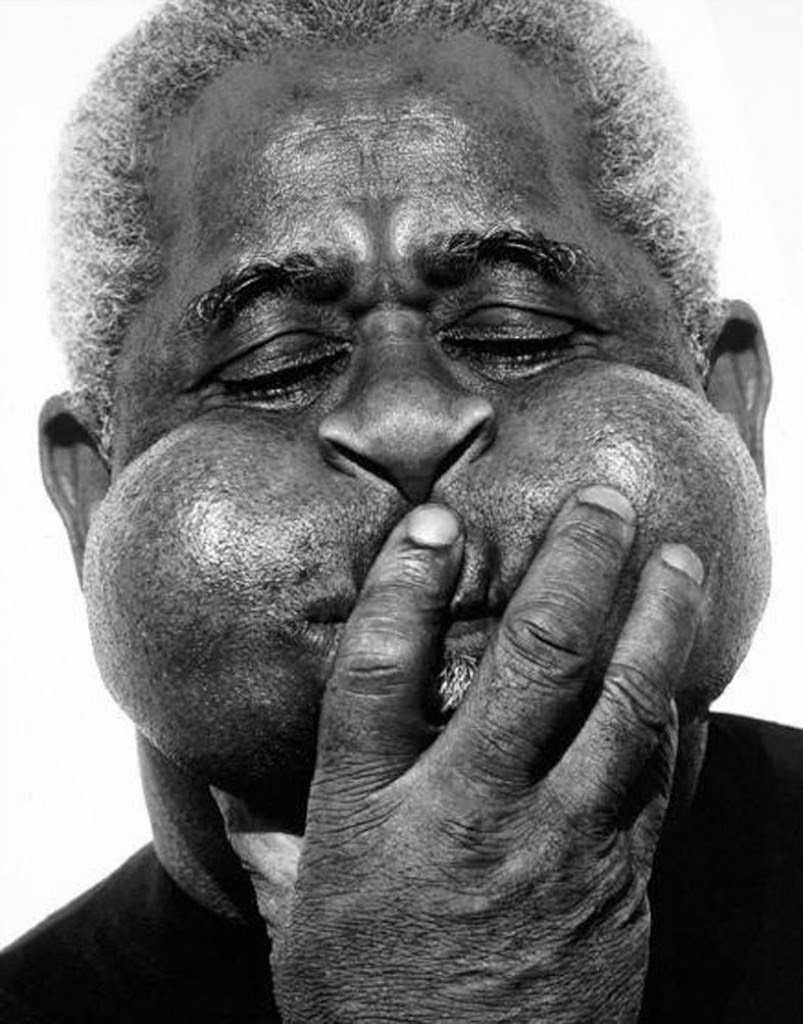We remember American Jazz Icon Dizzy Gillespie!
John Birks "Dizzy" Gillespie (October 21, 1917 – January 6, 1993)
Dizzy Gillespie, born John Birks Gillespie, was a jazz trumpeter, bandleader, and composer known for his virtuosity and innovative style. He was one of the leading figures of the bebop movement, a style of jazz characterized by fast tempos, complex harmonies, and improvisation based on the structure of the music rather than its melody. Gillespie was known for his bent trumpet and his signature puffed cheeks while playing. He also popularized the use of "scat singing," in which a vocalist improvises nonsense syllables in place of lyrics. Gillespie had a long and successful career, collaborating with many other famous musicians and performing around the world.
Dizzy was born in Cheraw, South Carolina in1917. He began playing the piano at the age of four and took up the trumpet at the age of 12. After high school, he attended the Laurinburg Institute in North Carolina, where he studied music theory and played in the school's band.
Gillespie began his professional career as a member of the Frankie Fairfax Orchestra in 1935. He played with several other bands before being hired by Cab Calloway in 1939. He stayed with Calloway's band for four years, during which time he developed his signature style and became known as one of the leading trumpet players of the day.
In the 1940s, Gillespie became one of the leaders of the bebop movement, along with saxophonist Charlie Parker. He formed his own band in 1946 and began recording and touring with it. He also started his own record label, Dee Gee Records, in the 1950s.
Throughout his career, Gillespie worked with many other famous musicians, including Thelonious Monk, Duke Ellington, and Ella Fitzgerald. He also composed many influential pieces, including "A Night in Tunisia," "Salt Peanuts," and "Birks' Works."
Gillespie continued to perform and record until his death on January 6, 1993. He is considered one of the greatest jazz musicians of all time and has been inducted into the Down Beat Jazz Hall of Fame.





Dr. Martin Luther King Jr. was one of the most influential figures in American history. As the face of the civil rights movement, his leadership and commitment to nonviolent protest reshaped the national dialogue around race, equality, and justice. His assassination on April 4, 1968, in Memphis, Tennessee, shocked the nation and the world.